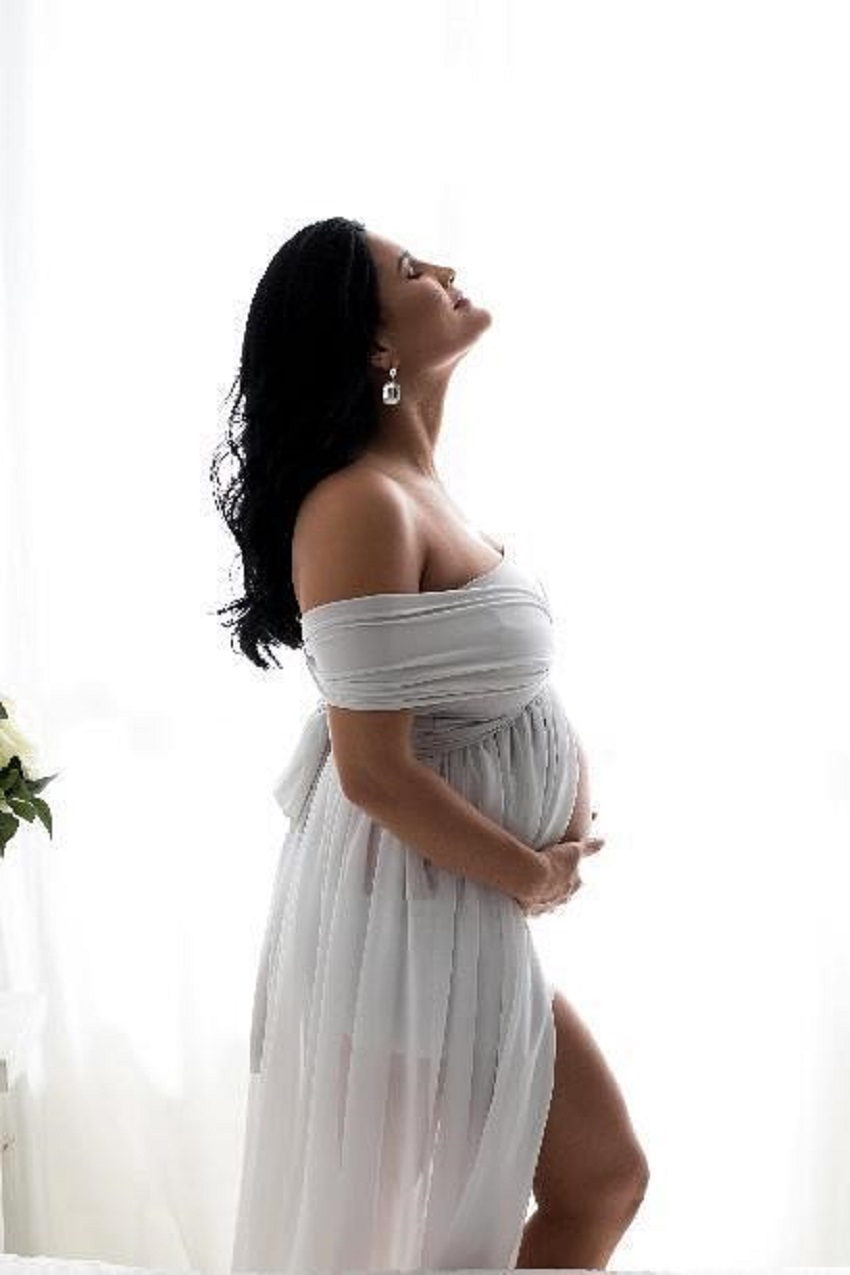Hello! I'm delighted to provide you with exclusive one-on-one consultation.
How can I assist you?
What is the process and cost of egg freezing?


How many eggs does a woman ovulate in her lifetime? This is a common question that few can answer accurately. To better understand this, we interviewed Dr. Nathan Zhang, a national expert in the field of assisted reproduction, a medical doctor trained in the USA, and the founder of IVF USA.
Dr. Nathan Zhang explained that primordial germ cells begin to form in the sixth week of the female embryonic stage. The ovaries of the female fetus start to differentiate and develop at 11 to 12 weeks of gestation, and by 20 weeks of gestation, the number of primordial follicles is approximately 6 to 7 million, which then gradually decreases. By the neonatal period, the ovaries contain about 2 million undeveloped primordial follicles.
As childhood and puberty progress, the number of follicles further decreases to 300,000 to 500,000. By menopause, only a few hundred primordial follicles remain. Starting from puberty, 15 to 20 follicles continue to develop each month, but usually, only one follicle matures and ovulates an egg cell each month. On average, a woman ovulates about 400 to 500 mature eggs in her lifetime.
Despite having over 400 eggs in a lifetime, due to factors such as reproductive age, the chances of conception are far fewer than 400 times. The best reproductive age is between 23 and 29 years old, during which 12 eggs are ovulated each year, totaling only 84 ovulation opportunities in those 7 years. Therefore, women should cherish each opportunity to conceive.
Dr. Nathan Zhang pointed out that after the age of 30, ovarian function starts to decline, with a significant decrease after 35. This decline not only affects the quality of eggs but also increases the likelihood of infections and pathological changes in the cervix, uterine cavity, and fallopian tubes. After 38, fertility declines sharply. If fertility preservation (such as egg freezing in the USA) is not done early, the chance of losing fertility increases.
Dr. Nathan Zhang also emphasized that ovarian aging and uterine aging do not occur simultaneously. While ovarian fertility declines after 38, the uterus can retain its nurturing function until around 55. Thus, women in their 50s can use IVF technology to transfer embryos into their own uterus for pregnancy.
Modern women need not worry excessively about decreased fertility due to ovarian aging because of egg freezing technology in the USA. Women can freeze their best-quality eggs when they are young and thaw them when ready to conceive. Egg freezing in the USA not only helps women preserve fertility but also changes the future lifestyle and family structure of women.
Dr. Nathan Zhang advises that both IVF and egg freezing should be done early. Do not be misled by cases of some female celebrities, as reproductive age remains unchanged. Decisions must be based on one's actual situation. Whether older women can conceive depends on whether they have eggs. The number of eggs is determined at birth and cannot be changed by any postnatal technology.

IVF USA suggests that women should conceive between the ages of 25 to 30. If conditions are not ideal, it's best to conceive before 35. Older single women who want to understand their fertility should undergo an AMH test, as recommended by Dr. Nathan Zhang. AMH is the ideal biomarker for predicting ovarian response and assessing ovarian reserve, providing women with a detailed understanding of their fertility and guiding their future reproductive plans. Currently, IVF USA offers services such as egg freezing and IVF in the USA, as well as in Japan, Thailand, Mexico, Taiwan, and Hong Kong, collaborating closely with top IVF doctors worldwide. For more information on IVF and egg freezing, please contact IVF USA and Dr. Nathan Zhang for professional consultation and assistance.


Online Customer Service

In-Vitro Fertilization (IVF)

Female Egg Freezing

Fertility Assessment

Scan for Consultation

Back to Top